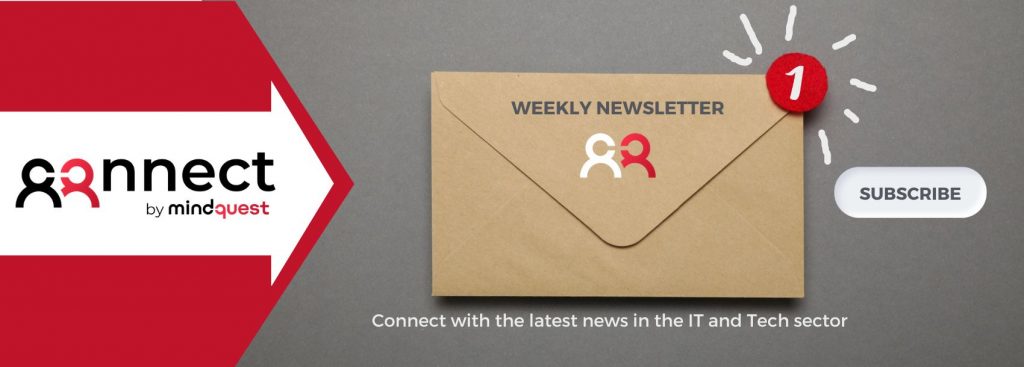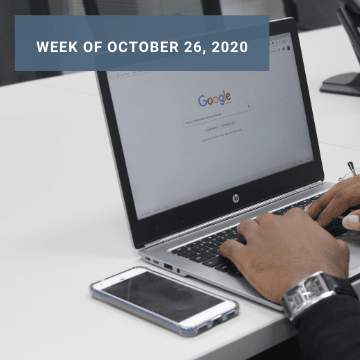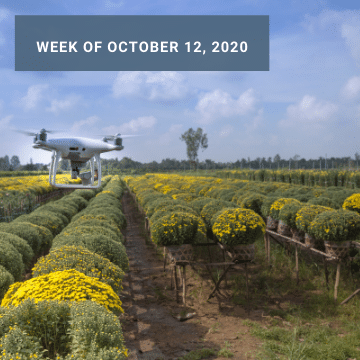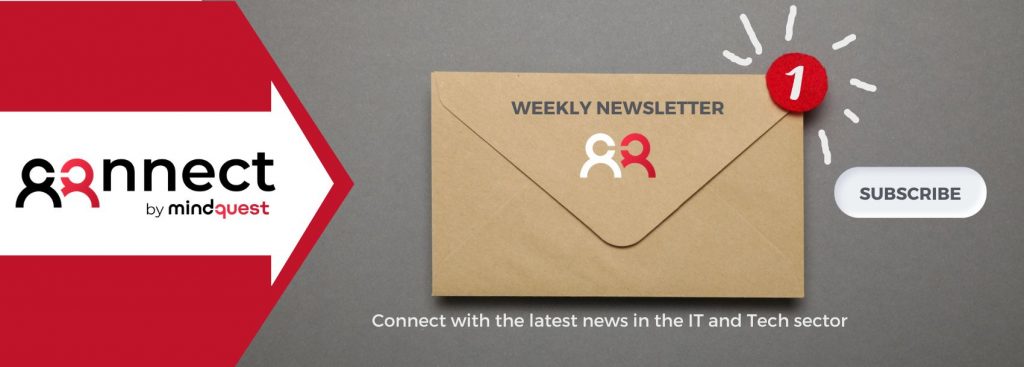According to a report by the Financial Times, Apple Siri may be the new Google. In other words, Apple might be working on their own search engine in a move to make Siri a one-stop shop.
The rumours emerged at a time when big tech is under growing scrutiny for its monopolistic practices.
Besides trying to capitalise on the current media agenda to appear more pro-competition, Apple Siri intends to eliminate the need for its popular assistant to resort to Google searches whenever a query is made.
Experts, however, believe the move might be a stepping stone towards a full-fledged search engine that eliminates the Google factor altogether.
Will Apple Siri be the new Google? Edge computing in 2021
In addition, a new Forrester report points at 5 predictions about how technological transformation will impact edge computing in 2021.
Spending on edge computing is expected to grow at the detriment of the public cloud. Orchestration and 5G will also keep on spreading.
Edge hosting is likely to become its own marketplace, with content delivery companies reaching out to colocation partners to build a widely distributed network of data centres that can host applications closer to where they are used.
AI will also move towards the edge, making machine learning happen closer to the source rather than within the data centre.
An update on cloud
Microsoft is celebrating a record quarter, fuelled by the growth in cloud adoption brought about by the epidemic.
The company’s core cloud business grew 31% over the last quarter, with Azure’s revenue jumping up by 47%.
Enterprise software giant SAP had a few cloud updates as well this week. The firm announced a new roadmap to shift to a co-innovation, one-data model that prioritises cloud-based subscriptions over traditional upfront licensing.
























